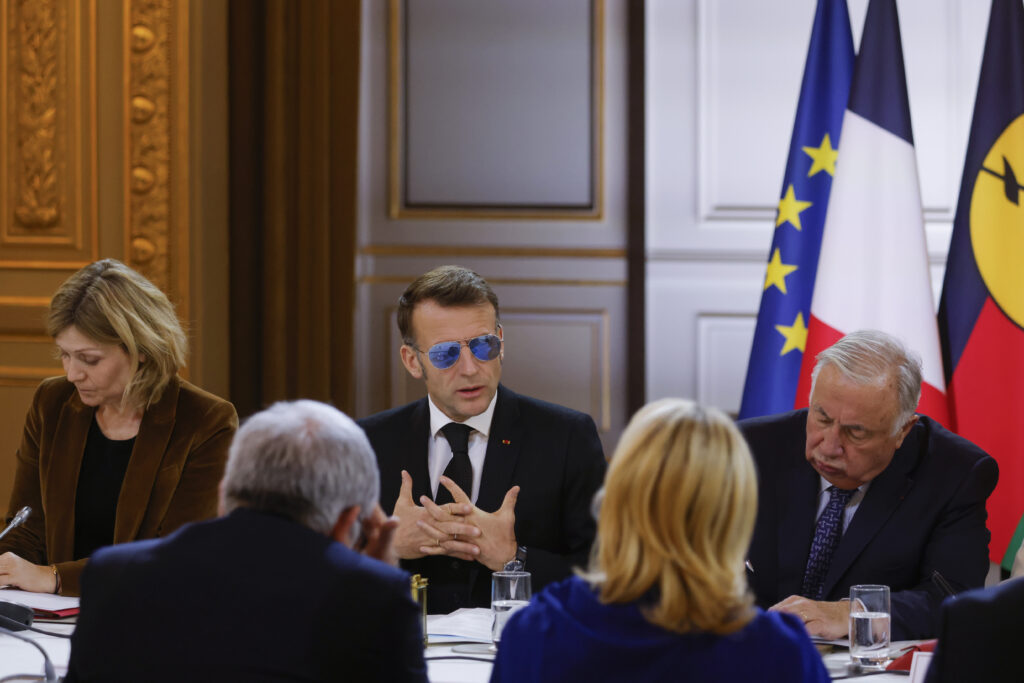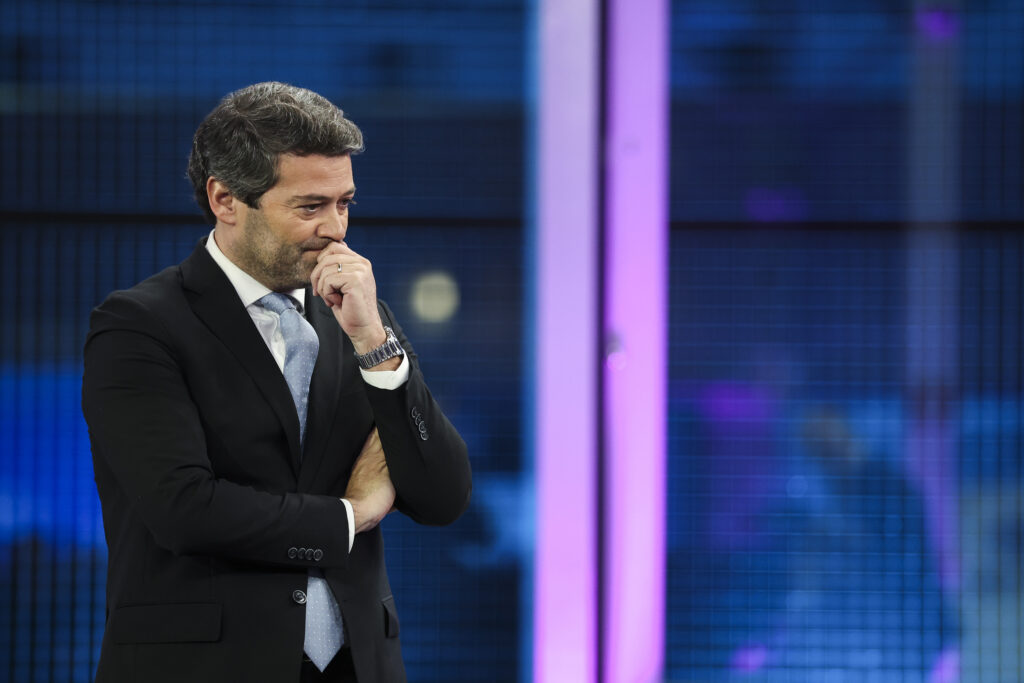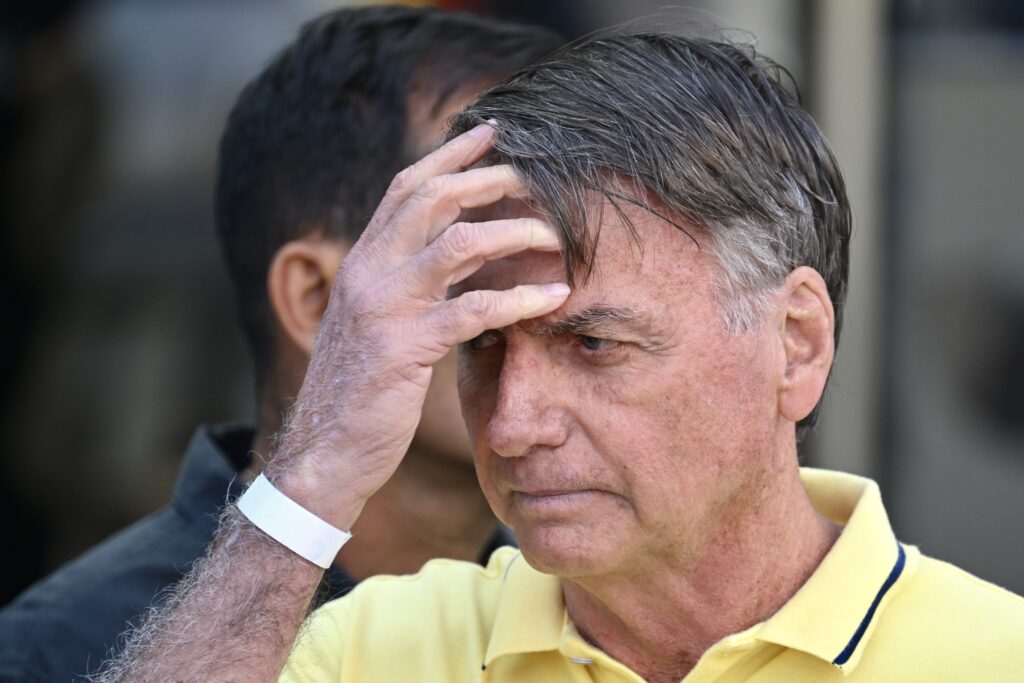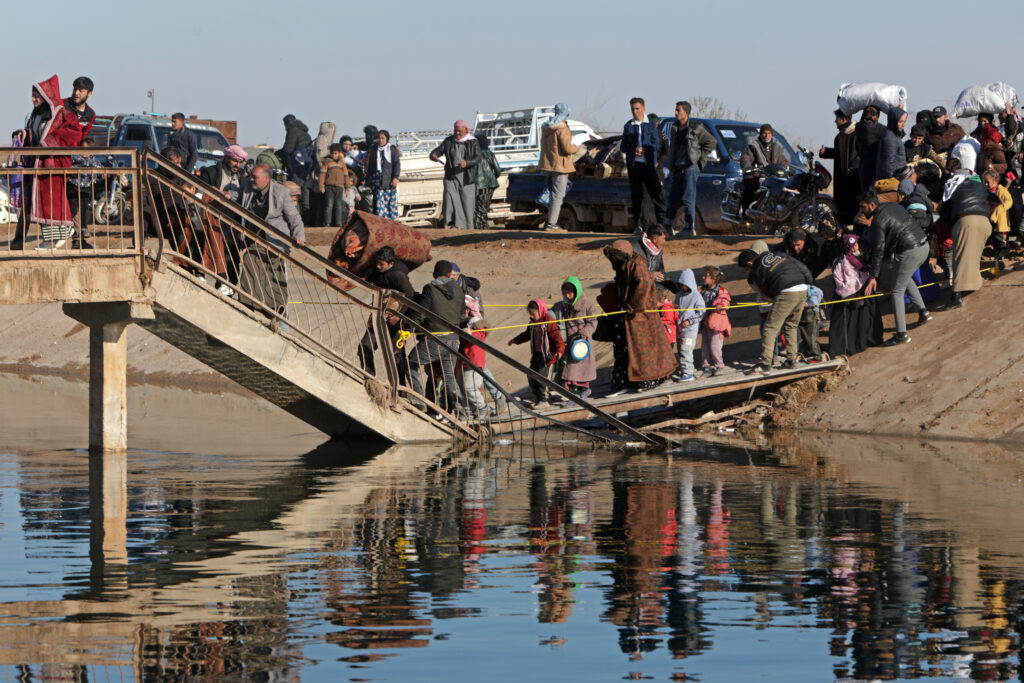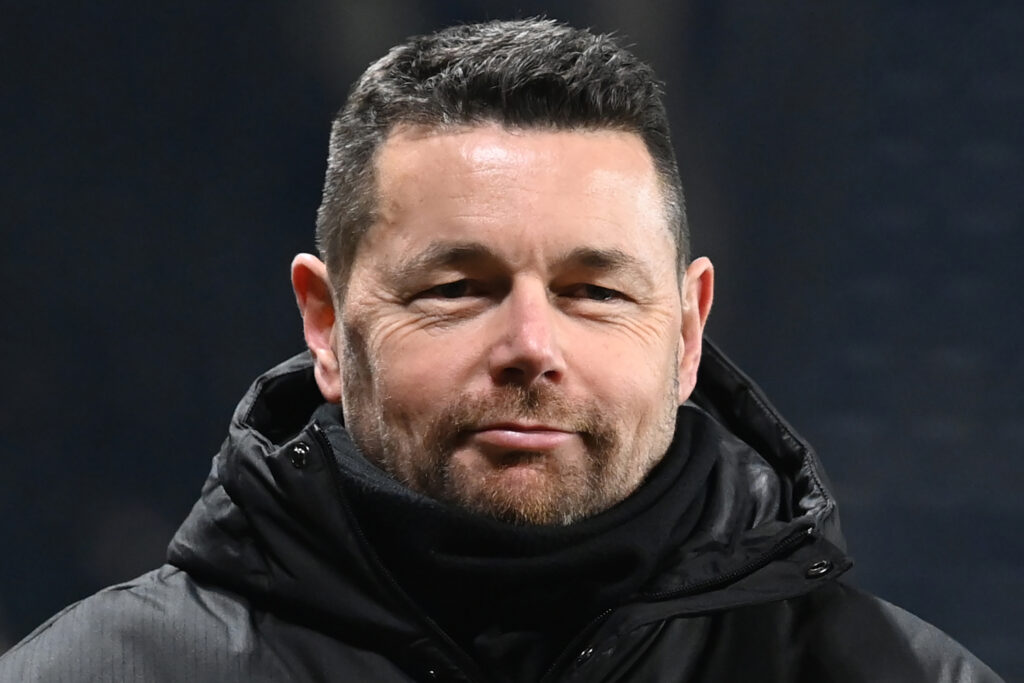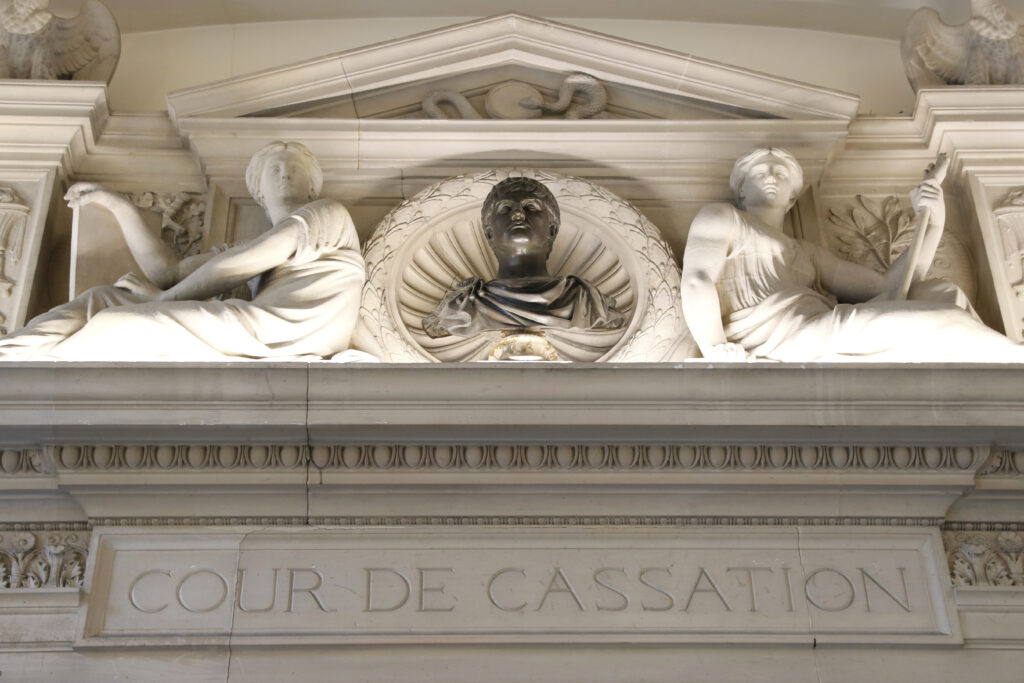Nouvelle-Calédonie: Macron ouvre des négociations minées par l’absence des indépendantistes
Emmanuel Macron a ouvert vendredi à l’Élysée un nouveau cycle de discussions sur l’avenir institutionnel de la Nouvelle-Calédonie, affirmant vouloir avancer “sans passage en force mais sans paralysie”, malgré l’absence du principal mouvement indépendantiste.”L’État souhaite continuer d’avancer sur la stabilisation des institutions de la Nouvelle-Calédonie dans un dialogue respectueux de chacun, sans passage en force mais sans paralysie non plus”, a déclaré le chef de l’Etat en ouverture de cette réunion avec l’ensemble des forces politiques de l’archipel à l’exception du Front de libération nationale kanak et socialiste (FLNKS), qui a refusé de se rendre à Paris.”Je regrette qu’un des partenaires n’ait pas souhaité répondre à notre invitation mais je respecte les choix de chacun et je souhaite qu’on puisse trouver pour l’avenir un chemin qui donne une place à tous”, a affirmé Emmanual Macron, saluant “le courage” des délégations présentes qui, selon lui, “prenaient des risques” en venant négocier.Le président de la République veut relancer les discussions autour de l’accord de Bougival, signé le 12 juillet 2025 entre indépendantistes, non-indépendantistes et l’Etat. Ce texte prévoit notamment la création d’un État calédonien au sein de la République française, doté d’une nationalité propre et qui pourrait être reconnu internationalement.Mais il n’ouvre pas de perspective de souveraineté pleine de la Nouvelle-Calédonie, ce qui a provoqué son rejet catégorique par le FLNKS. Mardi, son président, Christian Tein, a mis en garde le gouvernement contre toute solution à marche forcée.Le FLNKS avait signé le texte en juillet, mais répète n’avoir paraphé qu’un “projet d’accord” à présenter à ses militants, qui l’ont rejeté. L’Union nationale pour l’indépendance (UNI), autre coalition indépendantiste, soutient de son côté le texte, tout en réclamant des éclaircissements.Selon Emmanuel Macron, l’objectif de cette réunion “n’est pas de repartir de zéro” mais “d’apporter des clarifications à l’accord du 12 juillet” afin d’ouvrir “de nouvelles perspectives politiques”. – “Soit avancer, soit sombrer” -Avant la réunion, les responsables politiques présents ont affiché leur détermination. “C’est soit avancer, soit sombrer pour la Nouvelle-Calédonie”, a estimé la loyaliste Virginie Ruffenach, vice-présidente du Rassemblement-Les Républicains.Philippe Gomes, leader du parti non-indépendantiste modéré Calédonie ensemble, a lui reconnu que l’absence du FLNKS “pénalise” et “handicape” la réunion, ajoutant toutefois que “le crime est de ne pas tenter” de trouver de solution. Parmi les points de friction: le dégel du corps électoral, réclamé par les non-indépendantistes avant les élections provinciales, cruciales sur l’archipel. “Nous n’accepterons pas des élections provinciales sur un corps électoral gelé qui exclut plus de 40.000 personnes, dont 12.000 enfants nés en Nouvelle-Calédonie”, a prévenu Virginie Ruffenach.Le gel du corps électoral, instauré en 1998, limite le droit de vote aux scrutins provinciaux aux personnes installées avant cette date et à leurs descendants. Sa réforme avait été au cœur des tensions ayant déclenché les émeutes meurtrières de mai 2024.Si beaucoup estiment qu’un accord sans le FLNKS risque d’être inapplicable, et pourrait raviver les violences qui ont ensanglanté l’archipel en 2024 et fait 14 morts, l’Elysée se montre optimiste sur “la possibilité de faire émerger un accord” approuvé par les cinq autres groupes représentés au Congrès de la Nouvelle-Calédonie, soit “environ 75%” des élus.Mais même si un compromis émerge de ces discussions, son adoption reste semée d’embûches. L’exécutif envisage de l’introduire par amendements dans le projet de révision constitutionnelle visant à mettre en oeuvre Bougival, actuellement en suspens au Parlement.Il faudrait cependant le faire ensuite voter par le Congrès à Versailles aux trois cinquièmes des suffrages, un seuil difficile à atteindre en l’état par le gouvernement.Si la réforme constitutionnelle était adoptée, une consultation de la population calédonienne aurait lieu, suivie d’élections provinciales qui doivent normalement se tenir fin juin – selon une décision du Conseil constitutionnel de novembre 2025 – mais pourraient être repoussées à septembre 2026, pour la quatrième fois.Cette réunion a été convoquée mi-décembre alors que la mise en oeuvre de l’accord de Bougival se heurtait à de nombreuses réserves, plusieurs formations, notamment l’UNI, estimant qu’il devait être amendé afin de dégager un consensus jugé indispensable.Samedi et dimanche, des “ateliers” au ministère des Outre-mer tenteront de préciser certains points de l’accord sur l’identité kanak, la notion d’autodétermination ou l’exercice des compétences régaliennes.
